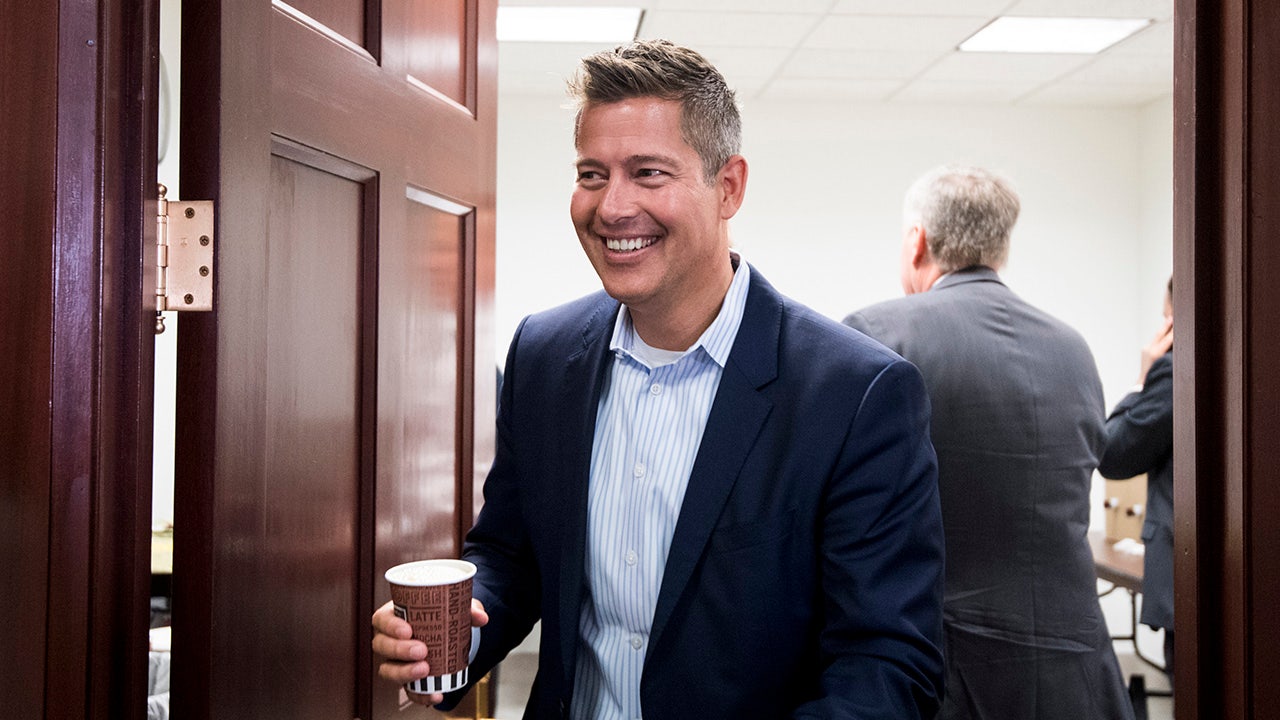Four months after the Supreme Court tossed out a high-profile challenge to the abortion drug mifepristone, and as abortion access is a major flashpoint in the presidential election, three conservative states are following through on a promise to bring the issue back to the forefront with a new lawsuit.
The states – Missouri, Kansas and Idaho – filed an amended suit in a federal court in Texas asking US District Judge Matthew Kacsmaryk to rollback efforts the Food and Drug Administration has taken over the past eight years to ease access to the drug, such as allowing it to be dispensed through the mail.
The suit may thrust the issue of mifepristone access back on track for Supreme Court review in the next presidential administration, once again threatening the widespread availability of the drug even in states where abortion is legal and at a time when roughly half of states have imposed severe restrictions on in-clinic abortions.
“These dangerous drugs are now flooding states like Missouri and Idaho and sending women in these states to the emergency room,” the states argued in the new lawsuit.
The claim that mifepristone is unsafe has been widely refuted by mainstream medical organizations. Medication abortions account for nearly two-thirds of all abortions in the US.
The new lawsuit was filed Friday. In addition to the ability to dispense the drug through the mail, the states are also challenging the FDA’s approval of a generic version of the drug and the elimination of requirements for follow-up doctor visits and that prescribers be physicians.
The new litigation has landed in a conservative federal courtroom as abortion has become a central issue in next month’s contest between former President Donald Trump and Vice President Kamala Harris. During the CNN presidential debate in late June, Trump pointed to the Supreme Court’s ruling and said he agreed with it.
“The Supreme Court just approved the abortion pill, and I agree with their decision to have done that and I will not block it,” Trump said at the time. But during a news conference later this summer, Trump declined to rule out curbing access to the drug. How the FDA regulates mifepristone impacts abortion access nationwide, including in states where abortion is legal.
Harris has been more clear that she would support the FDA’s approval and subsequent actions to ease access to the drug. And she has repeatedly accused her opponent of planning to reduce access to the drug.
“This ruling is not going to change the fact that Trump’s allies have a plan that if all else fails to eliminate medication abortion through executive action, so we must remain clear eyed about the threats to reproductive freedom in America and we must remain vigilant,” she said during brief remarks after the Supreme Court ruling this year – and before she became a presidential candidate.
A final decision in the case could have wide ramifications at a time when the nation is still grappling with the fallout from the Supreme Court’s decision in 2022 to overturn Roe v. Wade, the 1973 case that established a constitutional right to abortion. The high court’s controversial ruling prompted many red states to impose bans or limitations on the procedure, which made access to abortion pills a target for conservatives and a key concern for reproductive rights groups.
Fight over standing
The attempt at a legal do-over is a result of the technical ruling the Supreme Court handed down earlier this year. A unanimous court ruled in June that the doctors and anti-abortion groups who had filed the original lawsuit were not injured by the greater access to the drug the FDA’s changes allowed and so they did not have standing to sue.
The states, which had intervened in an earlier stage of the case, were barred from doing so at the Supreme Court. They vowed at the time to amend the initial lawsuit and try again. It’s not at all clear if the states will even be allowed to bring the suit before Kacsmaryk, given that the Supreme Court reversed lower courts in the underlying case.
Led by Missouri’s Attorney General Andrew Bailey, a Republican, the states claim they have standing to sue because the FDA’s actions facilitate violations of state abortion laws “by enabling an out-of-state abortion drug distribution network.” The states also claimed the FDA’s moves displaced state laws controlling abortions for girls in foster care.
Breaking down major Supreme Court decision on abortion drug
The states raised many of the same claims anti-abortion groups tried previously, including that sending the drugs through the mail violates a 150-year-old federal law that bans shipping contraceptives and lewd materials through the US Postal Service.
The anti-abortion doctors and medical organizations who challenged the FDA rules initially sought to pull mifepristone off the market entirely. Kacsmaryk, a Trump appointee, previously moved to invalidate the FDA’s approval of mifepristone, a sweeping decision that would have removed the drug from the market entirely, though that ruling never took effect.
The conservative 5th US Circuit Court of Appeals let stand the drug’s two-decade-old underlying approval. But the appeals court sided with the doctors who challenged subsequent decisions by the agency that expanded access to the drug, including the ability to dispense it through the mail. Those lower court rulings never went into effect because the Supreme Court intervened and ordered that the status quo remain in place until the justices reviewed the case.
Justice Brett Kavanaugh, a Trump nominee, wrote for a unanimous Supreme Court in ruling against the anti-abortion groups.
“We recognize that many citizens, including the plaintiff doctors here, have sincere concerns about and objections to others using mifepristone and obtaining abortions,” Kavanaugh wrote. “But citizens and doctors do not have standing to sue simply because others are allowed to engage in certain activities – at least without the plaintiffs demonstrating how they would be injured by the government’s alleged under-regulation of others.”
Read the full article here


















